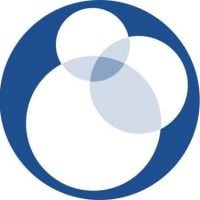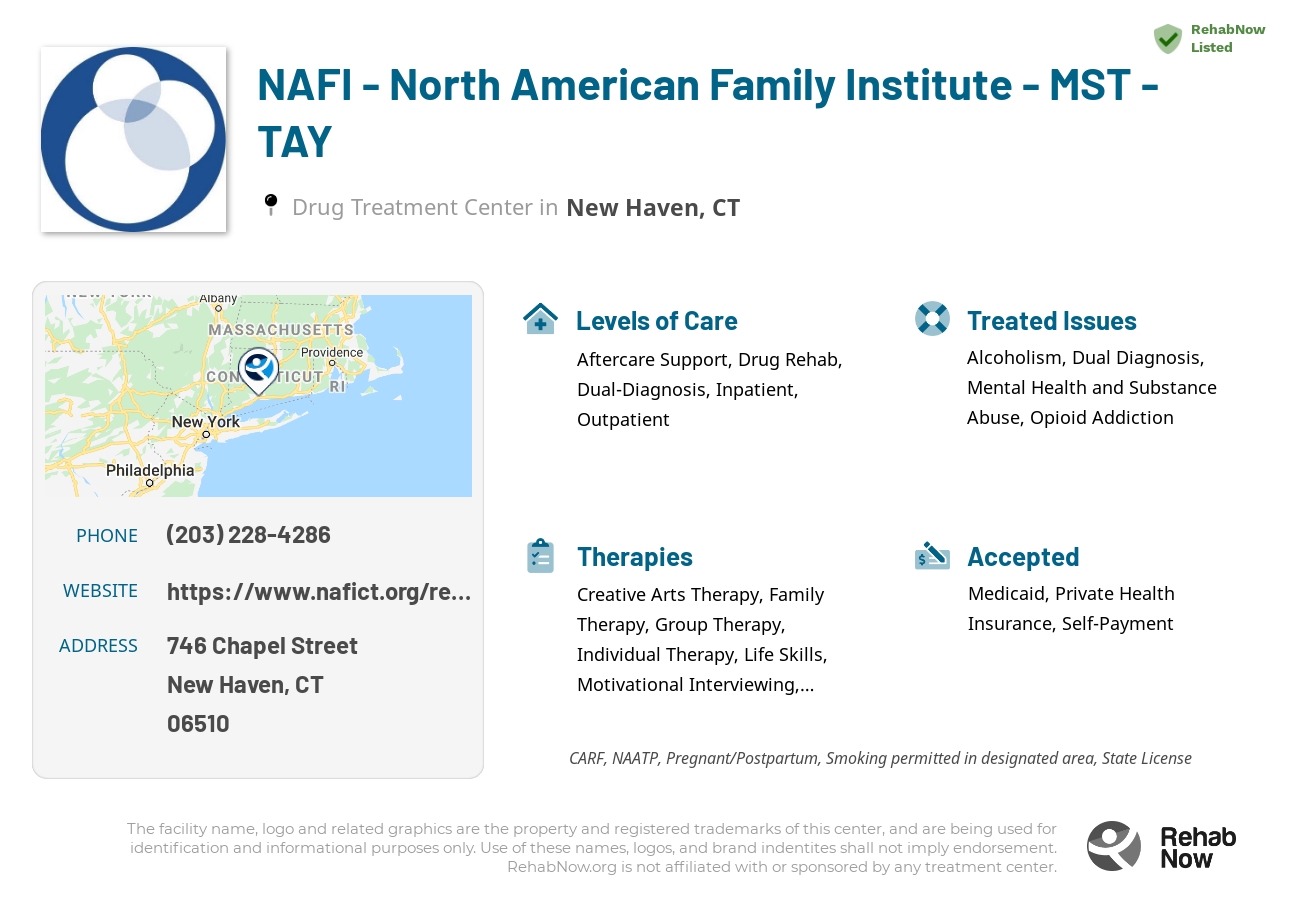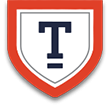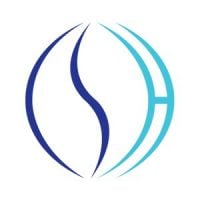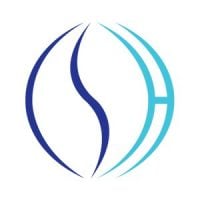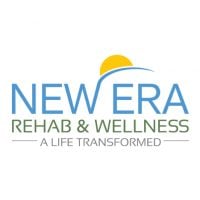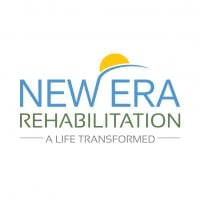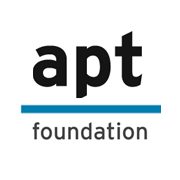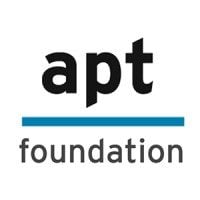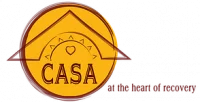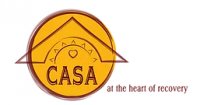NAFI - North American Family Institute - MST - TAY
Drug Rehab Center in New Haven, Connecticut
NAFI - North American Family Institute - MST - TAY is a comprehensive addiction treatment facility in Connecticut that offers personalized, evidence-based therapies and specialized treatment for adolescents and young adults with multiple accreditations and certifications.
About NAFI - North American Family Institute - MST - TAY in Connecticut
NAFI - North American Family Institute - MST - TAY is a comprehensive addiction treatment facility in New Haven, Connecticut. The team of professionals at NAFI provides a variety of integrated services that organize and personalize treatment for each individual. These services include mental health, substance use disorder, evidence-based therapies, and specialized treatment for adolescents and young adults.
NAFI specializes in addressing the root causes of addiction, such as trauma, depression, and anxiety. In addition, NAFI provides a trauma-informed environment and evidence-based treatments, such as cognitive-behavioral therapy, group therapy, dialectical behavior therapy, and family therapy. NAFI also offers individualized treatment plans, clinical assessments and life-skills education to support recovery from addiction.
NAFI has multiple accreditations and certifications. They are accredited and licensed by the Connecticut Department of Public Health, the Connecticut Department of Mental Health and Addiction Services, and the Joint Commission. NAFI is also a recipient of the Five Star Excellence Award, recognizing their commitment to providing high-quality care. Finally, NAFI is an approved provider for the U.S. Department of Veterans Affairs, allowing them to provide services to veterans in the community.
Genders
Ages
Modality
Additional
Conditions and Issues Treated
Many people who struggle with opioid addiction need to attend specific programs like methadone , Suboxone or Vivitrol clinics.
These types of programs will provide the patient with legal, prescription medications that can help them overcome their cravings for illegal opioids like heroin or fentanyl . If the patient has a chronic condition like Hepatitis C, they must undergo treatment before they can begin taking these medications.
Dual Diagnosis is a specific relationship between two or more disorders that have the same symptoms and can sometimes be treated together. This is used in the treatment planning process when dealing with drug addicts. Dual diagnosis can be viewed as a chronic medical condition that has comorbid psychiatric disorders.
Although addiction and a mental illness may have separate symptoms that are not easy to detect, they often go hand in hand. Many times, drug abuse is a direct result of the mental illness. In other words, treating the addiction will not resolve all of your issues. Unless you also treat the underlying mental illness, you will not be successful in achieving sobriety.
Levels of Care Offered
This center offers a variety of custom treatment tailored to individual recovery. Currently available are Aftercare Support, Drug Rehab, Dual-Diagnosis, Inpatient, Outpatient, with additional therapies available as listed below.
Inpatient treatment is an intensive program that takes place when a patient checks into a rehabilitation facility. The treatment includes detoxification and counseling sessions, which are round the clock. Outpatient treatments are also available, but inpatient care is advised as the first step of rehabilitation.
Intensive rehab ensures the patient stays in a substance-free atmosphere, improving treatment success rates. The patient participates in group therapy for motivation from other patients who have overcome addiction. Family members are also involved in providing emotional support throughout the program.
An outpatient treatment program is set up to help with alcohol or drug addiction, or a co-occurring disorder. The patient must attend the Connecticut facility for their therapy and other programs but are able to return home each night. The frequency of mandatory attendance decreases after much of NAFI - North American Family Institute - MST - TAY‘s program is complete.
Aftercare is a term that’s used to refer to any sort of continuing care offered for a drug addict who has voluntarily entered a rehabilitation program. This type of care can be provided in several settings, including outpatient therapy sessions after the addict has completed an inpatient program. There are also 12-step support groups, such as Alcoholics Anonymous, which can provide additional help for addicts trying to stay sober.
Therapies & Programs
Individual Therapy is a critical component of addiction recovery. Therapists work with patients to identify the root of their addiction and figure out how to better handle the issues that led to them using drugs. Individual Therapy is the one-on-one session where people meet with their therapist. Individual therapy provides a safe space for people to open up and discuss personal and sensitive topics which they may not feel comfortable discussing in a group setting.
Family therapy will also help families realize that the addiction is not their fault. For many years, people blamed themselves for an addict’s behavior and felt that they had done something wrong. This is not the case. Addiction is a disease, and it can strike anyone, even if their life seems fine from the outside. It can bring a lot of shame to a family when they have an addict in their midst, but if everyone is open and honest with each other, then they can help everyone stay in recovery.
Group Therapy is utilized by drug treatment centers like NAFI - North American Family Institute - MST - TAY to provide the recovering drug addict with a platform to talk about their feelings and experiences. It also provides for an opportunity to learn from other addicts who have successfully overcome their addiction.
Group Therapy is employed in lectures, seminars, or discussion groups (the latter two are typically conducted as “therapy groups”). It is recommended that all group members be recovering addicts for this type of therapy to work (though it does not exclude others with lived experience).
Trauma therapy is a clinical process that helps individuals deal with mental stress often caused by traumatic events. It is generally done for children, teenage victims of sexual assault, and war veterans. The therapist helps the person identify, understand and work through the problem. This is done with the help of talking about it in group or one-on-one counseling sessions. Therapists use relaxation, role-playing, art, and music to help the person open up about what is bothering them.
Cognitive behavioral therapy is also a popular service for individuals living with addiction. This type of supportive treatment uses both one-on-one counseling and group sessions to teach addicts how to identify thoughts, behaviors and emotions that might increase their risk of relapse.
These professionals can help addicts develop coping skills for managing stress, improving self-esteem and overcoming triggers. They might also use behavioral therapy to help addicts learn how to avoid cravings and warning signs that could lead them back into addiction.
Therapy can be used as a step-down from inpatient treatment or as the primary method of overcoming an addiction. No matter which option is best for the addict, they will teach important emotional coping techniques, which can make it easier for addicts to get through the tough days.
Training in improved life skills helps those recovering from addiction feel more capable of self-care. NAFI - North American Family Institute - MST - TAY are daily skills that give the person the tools they need to survive.
The therapy covers practical activities like cooking, job hunting, social interaction, and money management, helping to fill in the knowledge gaps caused by addiction.
These life skills help the person self-manage their recovery and stay on track. It also reduces relapse risk as they gain confidence in their day-to-day abilities.
Payment Options Accepted
For specific insurance or payment methods please contact us.
Is your insurance accepted?
Ask an expert, call (888) 674-0062
NAFI Associated Centers
Discover treatment facilities under the same provider.
- NAFI - Child Youth & Family Support Center Willimantic in Willimantic, CT
- NAFI - Child Youth & Family Support Center Norwich in Norwich, CT
- NAFI - North American Family Institute Farmington in Farmington, CT
- NAFI - North American Family Institute - ASBTE in Willimantic, CT
- NAFI - North American Family Institute - Outpatient Clinic in Waterbury, CT
Learn More About NAFI Centers
Additional Details
Specifics, location, and helpful extra information.
New Haven, Connecticut 6510 Phone Number(203) 228-4286 Meta DetailsUpdated November 25, 2023
Staff Verified
NAFI - North American Family Institute - MST - TAY Patient Reviews
There are no reviews yet. Be the first one to write one.
New Haven, Connecticut Addiction Information
Connecticut has a higher rate of substance abuse and addiction than the national average. The state ranks in the top 10 in the country for illicit drug dependence among those ages 18 to 25. In 2010, there were 9,211 people admitted to an alcohol treatment facility for alcohol abuse combined with a secondary drug. Connecticut ranked fifth in the United States of America for the number of fatalities involving drunk driving in 2014.
There are 9,000 people addicted to drugs in New Haven, Connecticut. The most common drugs are methamphetamines and marijuana. Alcohol is also abused by many residents. 20% of Connecticut residents have a substance abuse disorder, and 28,409 people died from drug overdoses in 2015. Drug treatment centers in New Haven, CT, offer detoxification. The therapeutic portion of treatment may involve individual counseling, group therapy, and recreational activities.
Treatment in Nearby Cities
- Litchfield, CT (33.6 mi.)
- Windsor, CT (40.6 mi.)
- Bridgeport, CT (16.3 mi.)
- Milford, CT (8.9 mi.)
- Chester, CT (23.9 mi.)
Centers near NAFI - North American Family Institute - MST - TAY
The facility name, logo and brand are the property and registered trademarks of NAFI - North American Family Institute - MST - TAY, and are being used for identification and informational purposes only. Use of these names, logos and brands shall not imply endorsement. RehabNow.org is not affiliated with or sponsored by NAFI - North American Family Institute - MST - TAY.
